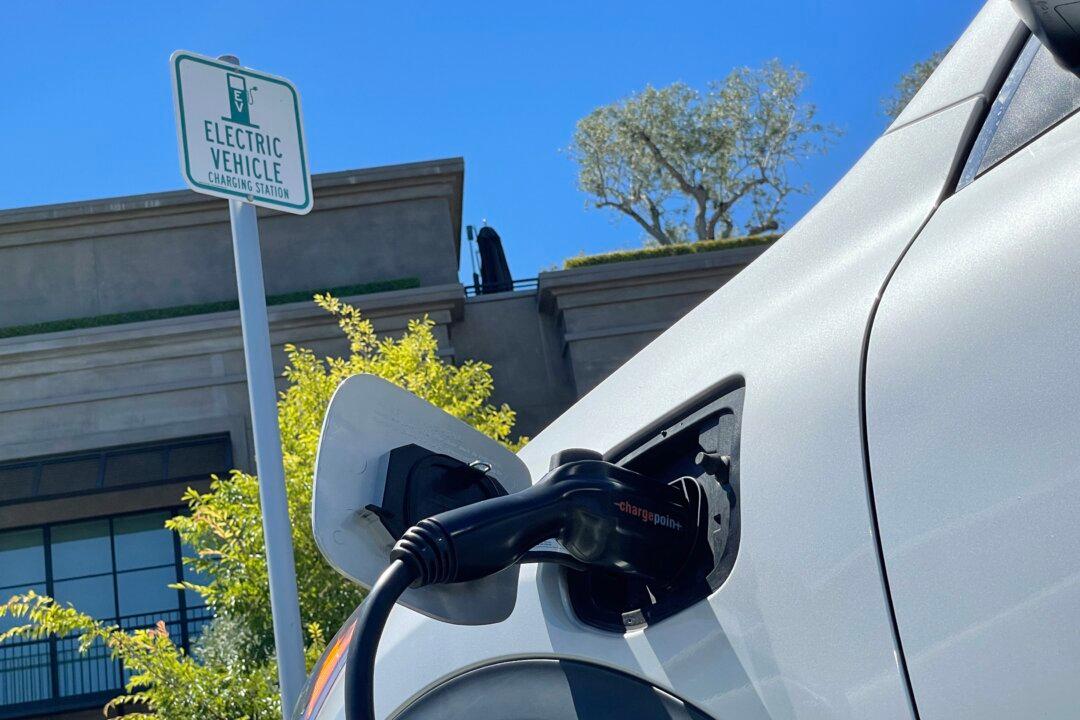Owning a car is a no-brainer for most people. You shop around, look for financing, and then purchase it. It’s yours, and, as opposed to leasing, eventually, you won’t have a car payment. But if you’re interested in an electric vehicle (EV), buying may not be the best option.
The 2022 Inflation Reduction Act may have changed how EVs are purchased or leased. But how did this act affect buying an EV, and did it make leasing a better option?






